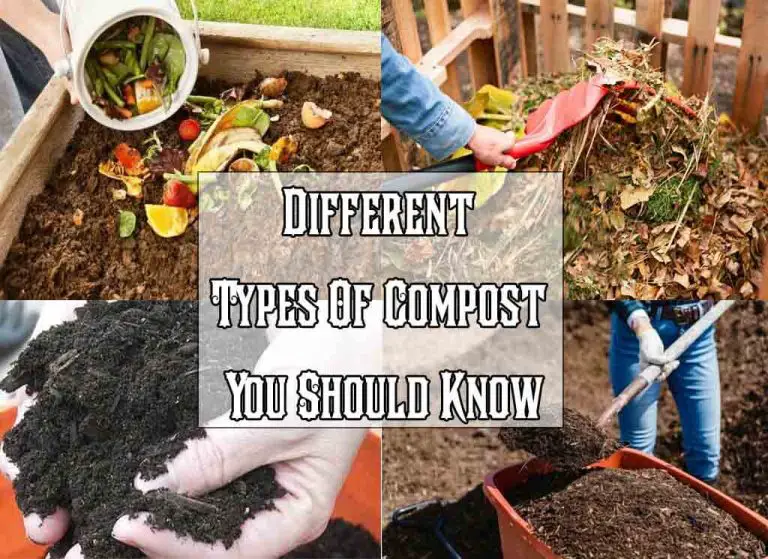
There are several different types of composts that can be used in your garden. There is yard trimmings and leaves compost, green manure compost, mushroom compost, vermicompost, and more.
Understanding the difference between each type will help you decide which one is right for your yard and garden. Keep reading for some great tips on composting. Once you understand the differences between these different types, you’ll be well on your way to having a beautiful garden! Some of the types of compost that we analyze in this article.
- Green Manure Compost
- Mushroom Compost
- Vermicomposting
- Vegan Compost
- Organic Compost
Yard Trimmings and Leaves Compost
The EPA estimates that yard trimmings and leaves are responsible for about a third of MSW production. The average tonnage of these materials was 22.3 million tons in 2018. The rate of yard trimmings and leaves composting was about 63 percent.
EPA estimates were based on state-reported composting tonnage, which may vary depending on how much storm debris is composted. Yard trimmings and leaves composting can also help to improve the soil.
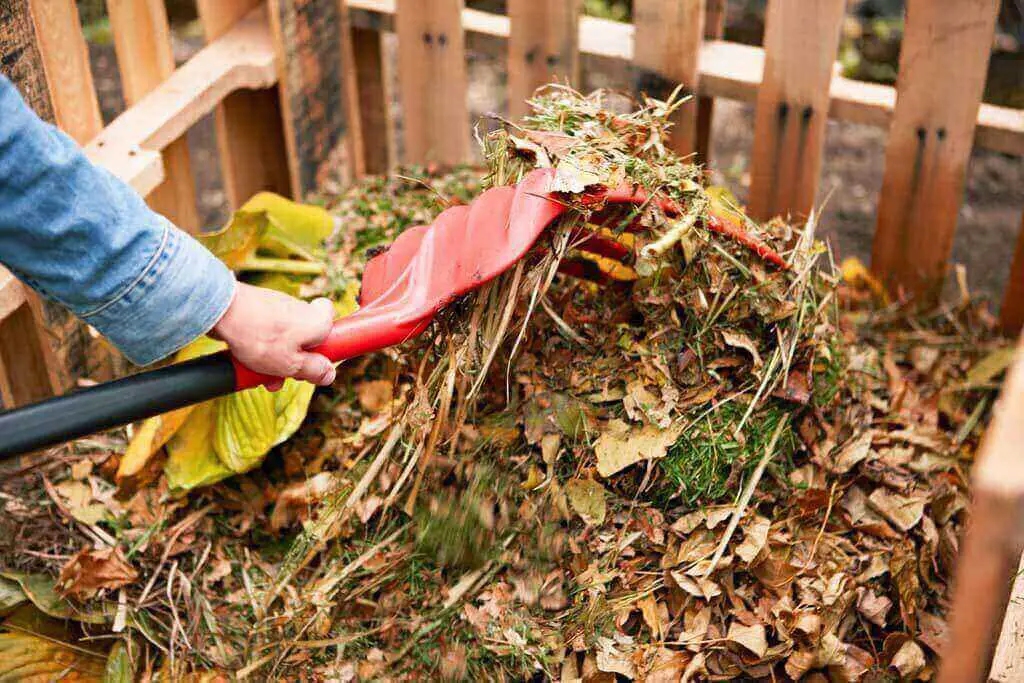
While most yard waste is compostable, some materials should be discarded separately. Woody branches and prunings should be processed through a shredder-chipper to prevent decomposition.
High-tannic leaves should be blended with other materials, and grass clippings can be left on the lawn. This compost is rich in nutrients and can be used as a mulch or soil amendment. Regardless of the type of material, composting can help preserve soil moisture and reduce soil erosion.
Green Manure Compost
What’s so great about Green Manure Compost? Many of these types of compost benefits are very practical. Using it in your garden is an inexpensive and simple way to add organic matter to your soil.
Here’s what you should know before you start applying it to your garden. First, remember that green manures are not all the same. Some are great for farmers with machinery, but not so good for home gardeners.
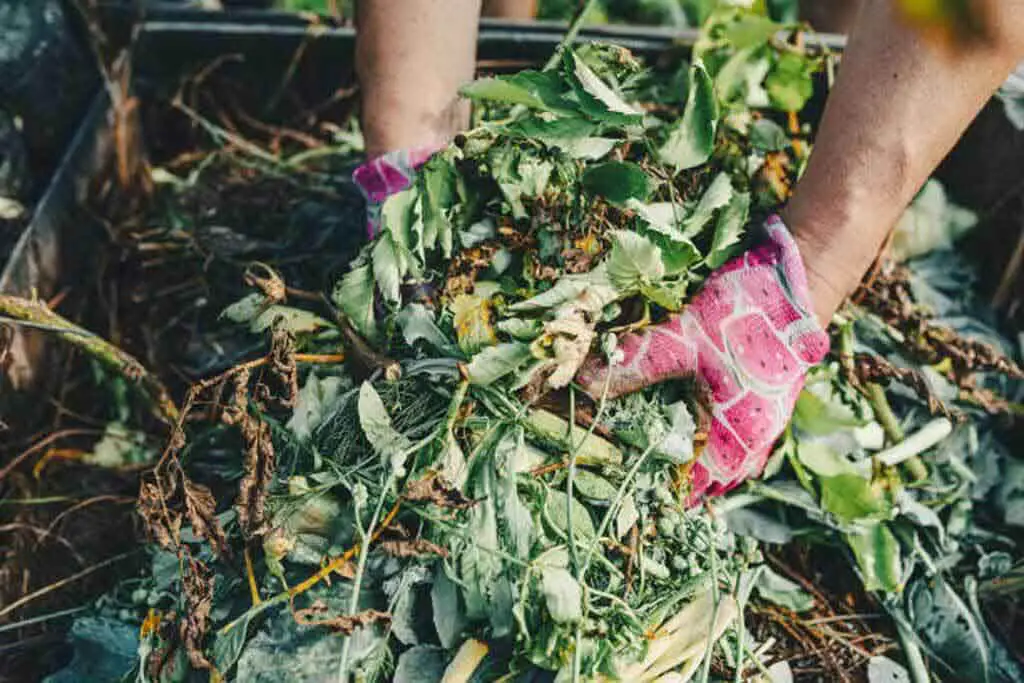
Bob Flowerdew, for example, recommends against using cowpea and ryes, as they are difficult to dig. Likewise, many clovers don’t grow well in all types of soil. Soybeans and mung beans are good warm-season green manures to add to your garden.
Green manure crops, which are also known as cover crops, are used in vegetable gardens to replenish the soil. Green manures are plants that grow fast, replenish the soil, and eventually become food for humans.
They are planted in fall and protect the soil during the winter months. Some gardeners choose to harvest the plants and compost them for use in the next growing season. There are many benefits to using green manure, but here are some of the most common:
Mushroom Compost
You can use one of several different mushroom compost types to enhance the growth of your roses, perennial plants, or other flowers. Mushroom compost has a rich content of organic matter and helps increase the water-holding capacity of your soil.
This organic material is good for both your rose beds and vegetable gardens. Depending on the mushroom variety you use, it can contain anywhere from 1-2% nitrogen, 0.2% phosphorus, and 1.3% potassium. Mushroom is a types of compost is derived from the leftover soil that mushroom farmers sell after harvesting their mushrooms.
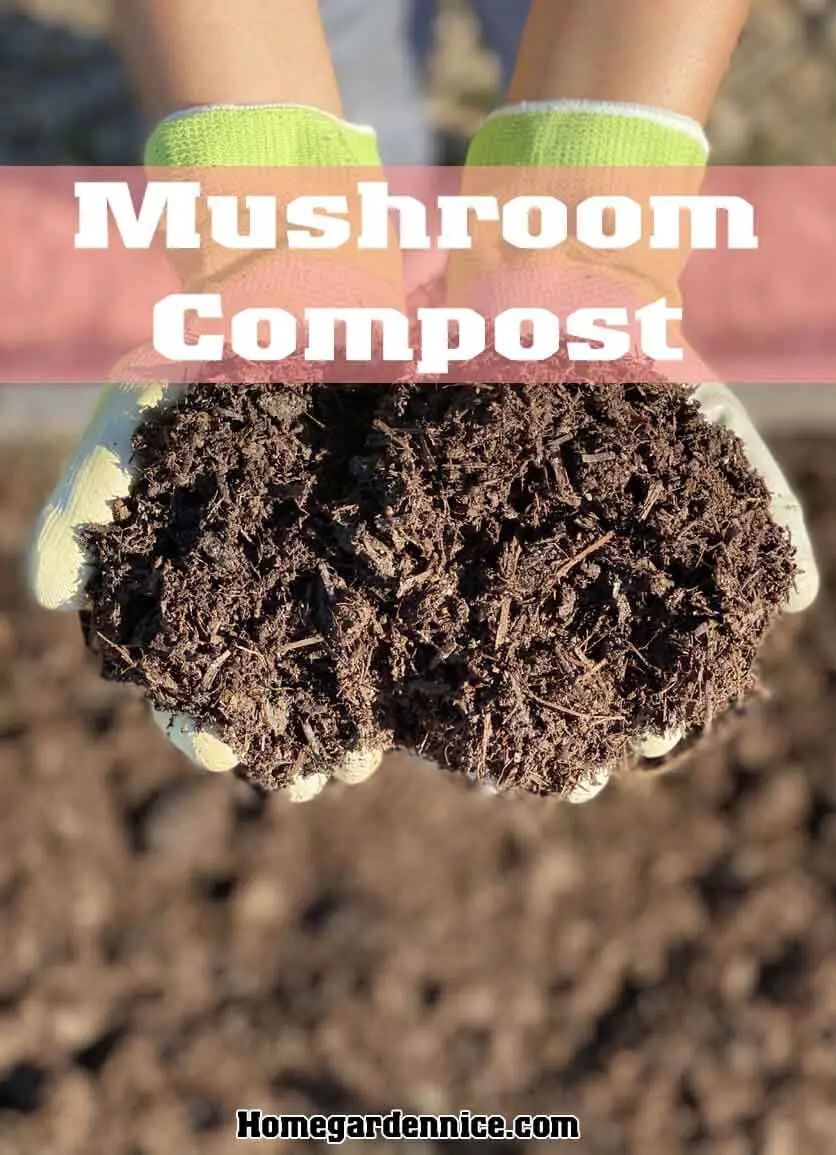
To use mushroom compost, mix it with your soil at a ratio of one-four, or 75 percent soil. The mixture should hold moisture, so it should not become waterlogged. You can also combine mushroom compost with other types of organic compost.
This helps to maintain the chemical balance of your soil and inject beneficial microorganisms. Mushroom compost is best used as an addition to soil that is already rich in organic matter.
Vermicomposting
If you’ve never heard of vermicomposting, you’re in for a treat. In these types of compost, Worms break down organic matter and produce castings, which are beneficial for your plants.
These castings don’t burn your plants’ roots or contain any dangerous chemicals. You can choose from two main methods: tray-based vermicomposting and continuous flow vermicomposting. Here’s how it works.
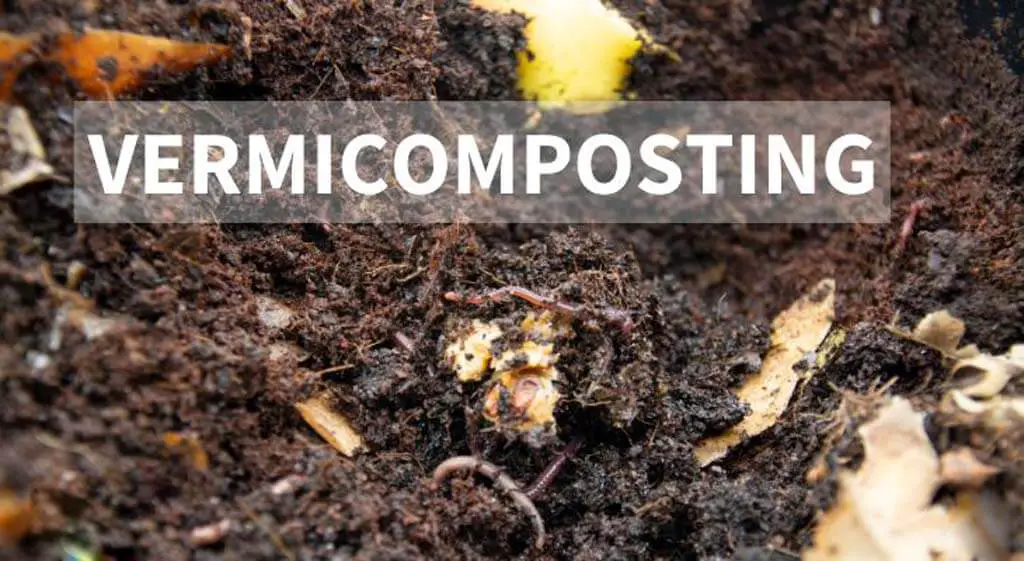
First of all, vermicompost contains similar nutrient levels to traditional compost. The actual values will vary, depending on the type of materials and input. However, you can expect vermicompost to be higher in nitrogen than bin compost.
The nutrient content will also be higher in phosphorus, which can be harmful to plants, particularly mycorrhizal fungi. Luckily, most soils contain sufficient calcium for your plants.
Worm castings are rich in phosphorus, potassium, and nitrogen. This is due to the secretions in the earthworms’ digestive tracts and the soil they feed on.
In fact, vermicomposting is similar to traditional composting, which produces matter, but does not create it. In other words, uncomposted organic matter would add nutrients to the soil, while worm castings are valuable fertilizer.
Vegan Compost
The first thing to know about vegan compost is that it can be made from materials other than animal waste. Eggshells and vegetable scraps can be composted, but you cannot use meat or bones.
The right compost bin can handle these materials. However, some vegans do not like to use worms in their compost piles for aeration purposes. Worms thrive in a similar environment to plants, so they are a suitable choice for composting. Moreover, worms also act as food for plants.
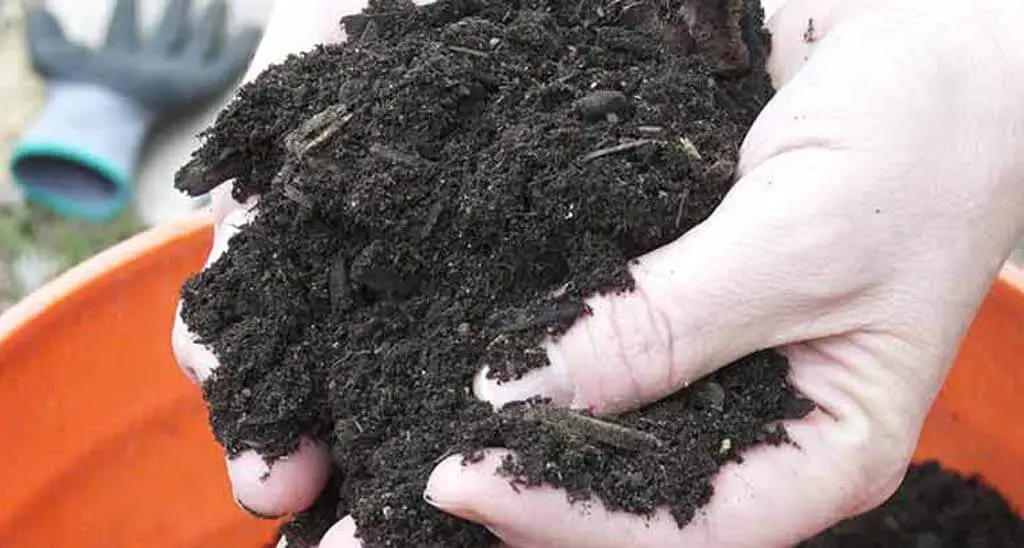
Apart from banana peels, plant-based food scraps, and household trash are also great ingredients for composting. You can even use paper and cardboard to make vegan compost.
Other types of materials are also acceptable, including cardboard, wood ashes, and newspapers. But if you are a vegan, make sure to avoid any animal products. Moreover, do not compost meat or paint. Plastic and aluminum should be recycled. For your garden’s sake, try to reduce the amount of animal waste you use and recycle as much as you can.
Organic Compost
The first thing you should know about this types of Compost is that it’s not just dirt – it’s a mixture of decayed carbon-based matter. Generally speaking, it’s made from the same types of organic waste as your home, including grass clippings, coffee grounds, and other food scraps.
It goes through the proper decaying process to transform organic compounds into valuable nutrients. Once it’s ready to be used as a fertilizer, you can mix it with your existing soil or use it as mulch around your plants.
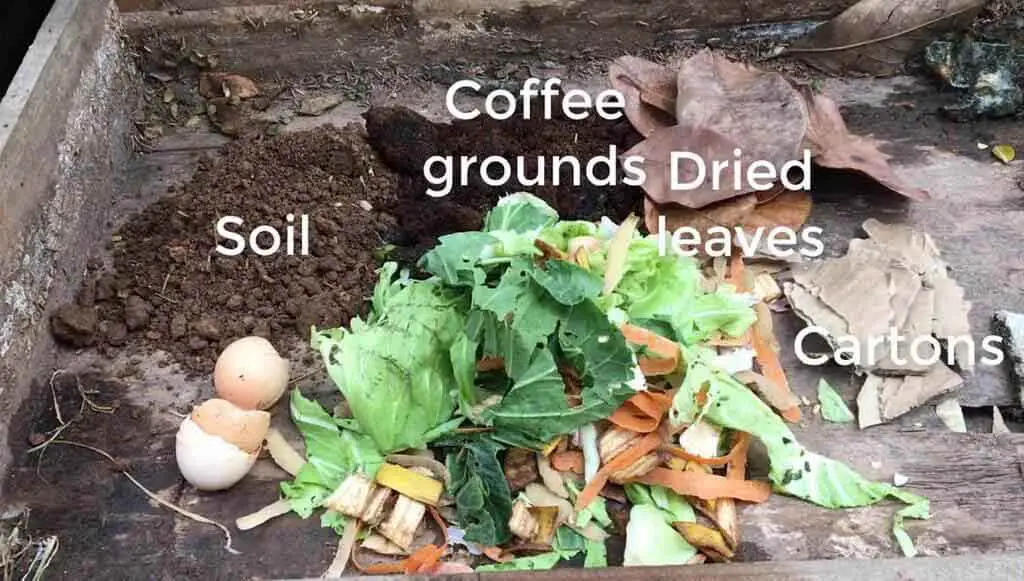
If you live in an apartment, you can even compost in your apartment or small space. Just make sure to chop your food scraps into smaller pieces so they decompose faster. Also, add some air to the bin, as this will speed up the composting process.
The second thing you should know about Organic Compost is that it’s not just soil; it’s a great way to recycle organic vegetables. It will create nutrient-rich soil for your plants, reducing waste in landfills.
It also helps to reduce the amount of plastic you throw away. Biodegradable plastics are not compostable and can introduce harmful bacteria and chemicals into your soil. It’s also a great way to improve the structure of soil so your plants can thrive.
Why is Compost pH Important?
When preparing compost, the pH of finished products is crucial to the process of decomposition. These acids encourage the growth of fungi and the breakdown of lignin. Compost with a pH range of 6 to 7.5 is considered mature.
Generally, the acidity level of compost will decrease over time. However, the acidity of compost may increase if the process is anaerobic. Luckily, this pH is easily controlled by adding aeration to the process.
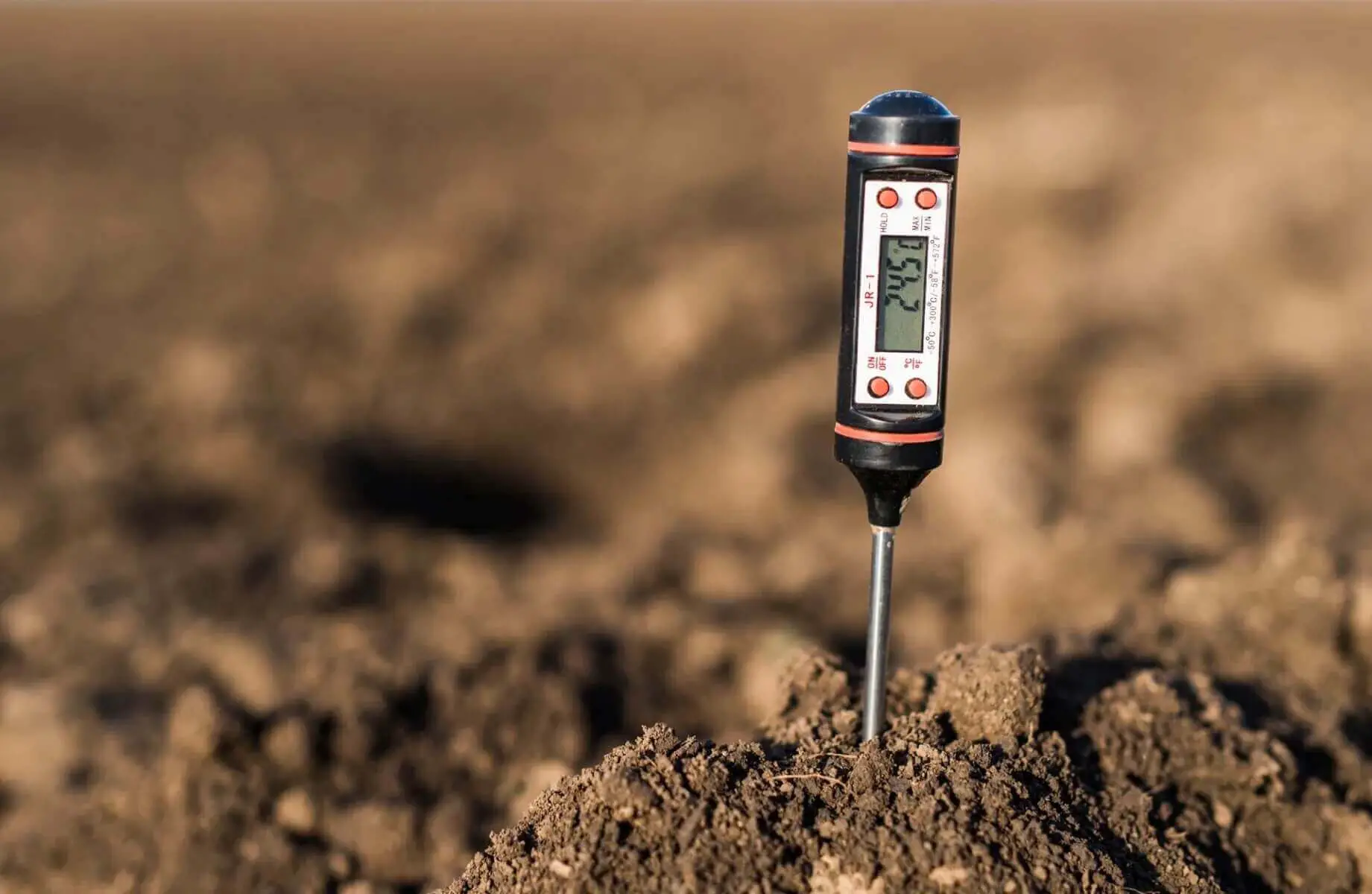
If you want your compost to maintain a stable pH level, you should regularly test its pH. Compost with a high nitrogen content can have an elevated pH, especially if it is not mixed with sufficient amounts of organic matter and leaves.
While natural compost will not undergo pH reduction easily, aeration is essential for a healthy compost heap. Adding fresh dung or sulphur to the heap can increase the pH. These substances will also serve as microbial inoculants. Moreover, periodic pH testing will allow you to decide whether it is time to compost or throw it away.
Uses of Composts
Adding compost to your garden or lawn will add vital nutrients and moisture to soil, while also reducing waste to landfills. Compost will also help loosen a sandy soil to allow roots to grow freely, water to drain, and air to reach the plants.
Using compost will change the soil’s structure, preventing spatter and spreading disease. Compost feeds a variety of microbes in your soil, breaking down organic materials into plant-available nutrients and increasing the diversity of soil life.
Among these organisms are bacteria, which break down organics into plant-available nutrients and help convert nitrogen from the air.
-
Compost is a soil amendment
If you’re wondering what compost is, it’s a mixture of organic matter that has been broken down over time. This mixture has a wide variety of benefits, including improved soil structure and texture, water retention, and aeration.
Compost also helps loosen clay soil, and is an effective soil amendment for erosion control. It can also encourage root development and promote nutrient and water-retention.
Adding compost to your garden soil is an easy way to boost your plants’ health and yield. It improves the texture and nutrient content of the soil, while adding important trace elements and microbes. When mixed properly, compost has a high resemblance to manure, which is why it is often referred to as a “fertilizer.”
-
It is a fertilizer
Although there’s some confusion about whether compost is a fertilizer, this decomposed organic matter is a great addition to your soil. It improves soil health by adding nutrients to the soil.
You can compost kitchen scraps, leaves, grass clippings, and manure to your garden. The organic matter is left to decompose in a compost heap or bin. The end result is a great organic fertilizer.
Although compost is not technically a fertilizer, it does contain many of the same nutrients that plants require. In fact, you can create it right in your backyard. It’s very easy to make and adds beneficial nutrients to your garden’s soil.
The nutrients from compost can also be used by plants to grow and bloom. Compost also contains many other beneficial elements for plants, and is a great way to save money while doing so.
-
It is a growing medium
Several types of compost or organic growing media are available for your plants. These include sphagnum peat moss, compost, and composted tree bark. They are also cheap and environmentally friendly, depending on where you live.
The following is a comparison of different growing mediums. A good growing medium will contain a mixture of particles of different size and characteristics. Here are the main considerations when choosing a growing medium for your plants.
When choosing any types of compost, you need to know about its properties and how they affect plant growth. The composition of compost varies greatly based on its ingredients and the amount of time it takes to compost.
The consistency of compost will vary greatly, and its particle size is an undesirable characteristic. The final compost will have the appearance of a dark humus. Composts are an excellent source of nitrogen for your plants. However, the process can tie up applied nitrogen.
-
It reduces waste in landfills
Composting is an effective alternative to landfills and has a number of eco-benefits. Composting reduces methane emissions, one of the most significant greenhouse gases, and has several economic co-benefits.
The Department of Primary Industries and Regional Development provides information on the benefits of composting, opportunities and associated risks. Composting is an aerobic process, which means it breaks down organic wastes by decomposing them into a rich, earthy matter that is beneficial to the soil.
In 2011, Middlebury College composted 90% of its food waste. The college also avoided paying landfill fees by composting 370 tons of food waste. That equates to a saving of $270 per ton of waste. Composting also reduces water pollution. Further, it saves money for landscapers, farmers and gardeners.
-
It is a natural way to feed your soil
In organic farming, you’ve probably heard of compost and its importance to your plants. You can add this rich material to your soil before planting and watch the nutrients slowly decompose.
It also helps release nutrients that may otherwise be unavailable to your plants. Ideally, your soil’s pH level should be around 6.5. However, if it’s too high or too low, your plants may not get the necessary nutrients they need to grow. In such cases, adding organic matter, such as compost, to the soil will help remedy the problem.
While compost is lower in nutrients than most fertilizers, it is still beneficial for your plants. When added to the soil at a ratio of 1:4 or higher, compost will increase the nutrients in the soil while increasing the activity of microorganisms in the soil.
The nutrients that compost contributes far outweigh the nutrients it depletes. If you don’t have time to add compost to your soil, you can use it as a mulch around your plants.
-
It helps control soil-borne diseases
There is an emerging consensus that any types of compost can suppress the growth of a broad range of soil-borne diseases. Compost is the perfect medium for this. The microbiota of compost are important to the suppressive activity of fungi that cause bacterial disease. In this article, we’ll discuss the effect of compost on spinach fields. But why do they do this? Here are a few reasons.
There are several reasons for compost to suppress soil-borne plant pathogens. Some of these are environmental, some of which are anthropogenic. Composts differ in their physical, chemical, and biotic composition.
They may contain antagonists that are important to the management of plant diseases. Composts may be the most environmentally friendly and cost-effective way to combat soil-borne diseases. This is because they’re free of synthetic ingredients.
Conclusion
The quality of compost depends on its raw materials. During the composting process, it is measured by C: N ratio, moisture content, pH, and the presence of coliform bacteria. A mature compost has no odor and is considered safe for use as a fertilizer supplement. It also suppresses pests and acts as a fungicide. The following are some of the types of compost you should know about.
See more articles here https://homegardennice.com/, and don’t forget to leave us comments so we can improve the content of my website, thanks